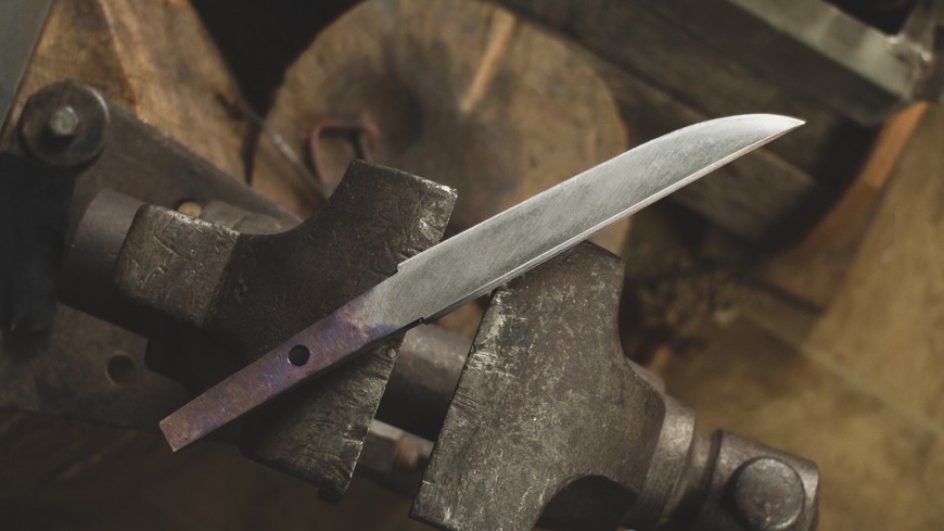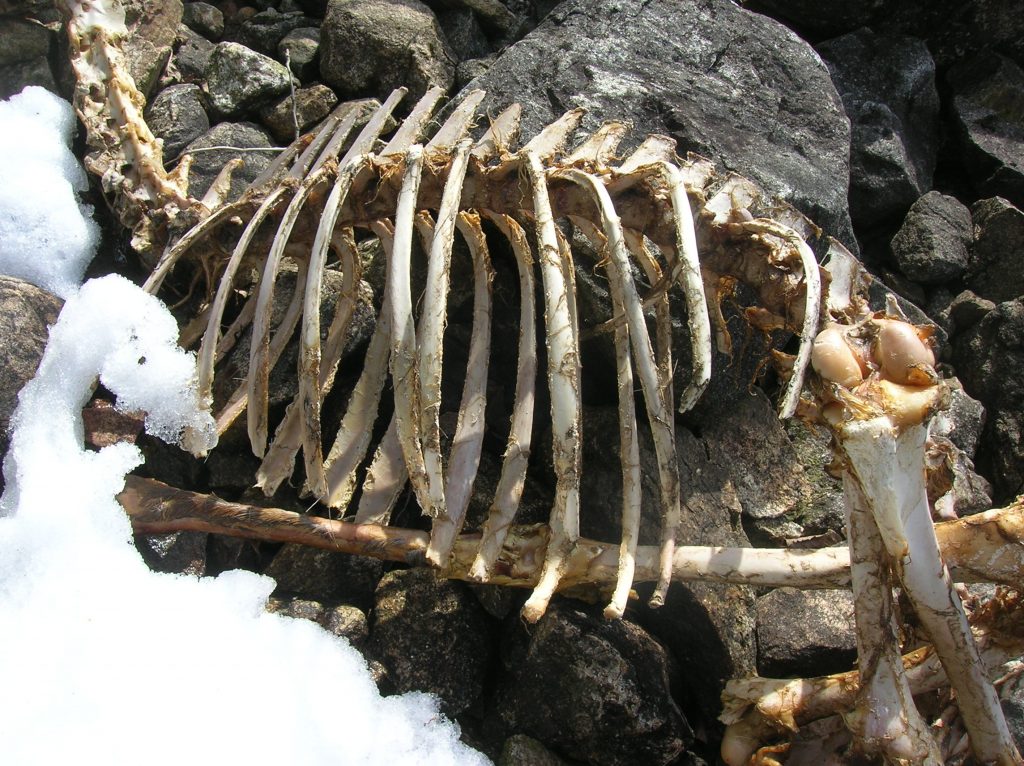William Brewer’s poem, “Alloy,” appears in Michigan Quarterly Review’s Summer 2019 issue.
Why I Chose This: Editorial Assistant Justin Balog writes about encountering the poetry of William Brewer:
Indicative of Will Brewer’s unique style, Alloy at first presents itself as a poem concerned with familial grief, as the implication of the opening couplet seems to suggest; however, the emotional complexity of this initial moment of shock unfurls itself into meditative tenderness. From this launch, the poem is as much about loss in the very recent past as it is love and affection, however “reckless” or nuanced the relationship may be, in the speaker’s present. The realization of which, perhaps initiated by the anxiety filled encounter with a drunk man wanting to use the speaker’s phone, summons feelings of an almost “taken-for-grantedness” nature that a death or a close brush makes clear to us. Here exists an underlying element of the poem that I admire, that moments of grief or anxiety often offer a new perspective, an alloy if you will, to strengthen or to make greater utility of the small, tender moments we often gloss over in the every day.
Alloy
William Brewer
After my mother called to tell me
that the woman who raised me
had died, I hung up
and returned to the long table
where my friends were drinking
below a glowing white sign
that belonged to the bar
that once was the bar
where we now sat—their figures grayed,
made vague and two-dimensional
like half-erased sketches—
and remained there until I found myself
standing in rain
before the window of a vacant shop,
studying my reflection
with such intensity that my face
became anonymous,
like a word repeated so many times
you lose its meaning,
and then there passed over it
what I think the ancient
Japanese bladesmiths meant
when they described how
they’d cover a sword in clay,
rest it in the forge, and watch for
the whitest heat to ripple
over its surface—
the sign of carbon dissolving,
the steel pushed to a hardness capable
of holding the deadliest edge—
before plunging it in water.
The weather had slowed.
Beside me a man was yelling,
demanding to use my phone
and when I said no he stomped toward me,
closer, then closer, until
he was right up in my face,
and in the periphery I could see
our reflections in the window
almost quivering
from the recklessness
between us, and knew, Love,
it was exactly like this
when, for the first time,
we stepped toward each other
like two people folding a bedsheet,
though neither of us
can remember it.
Read more of William Brewer’s poetry in Michigan Quarterly Review‘s Summer 2019 Issue.



